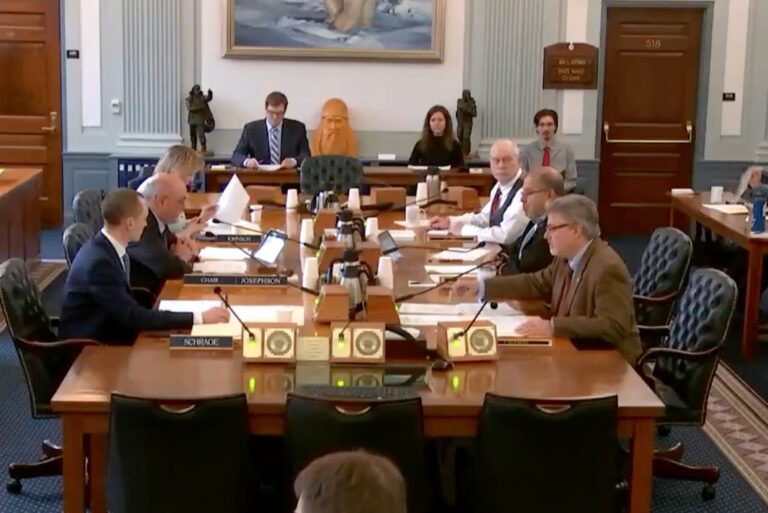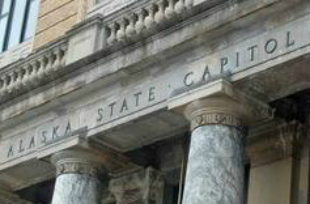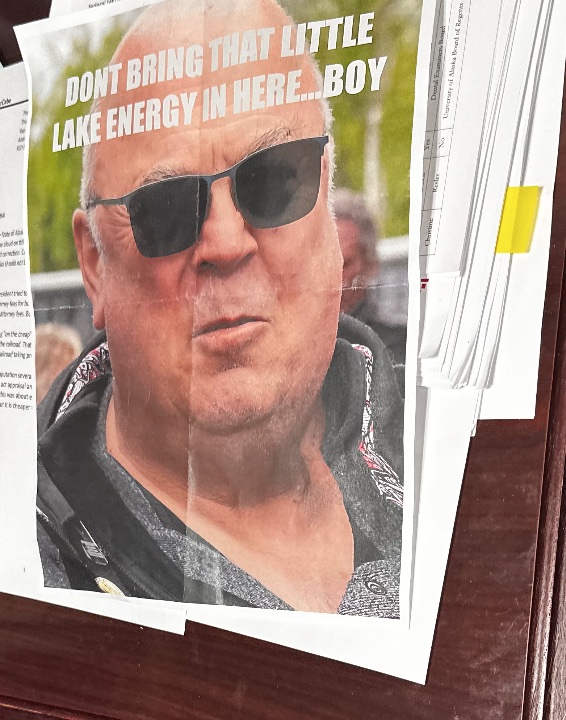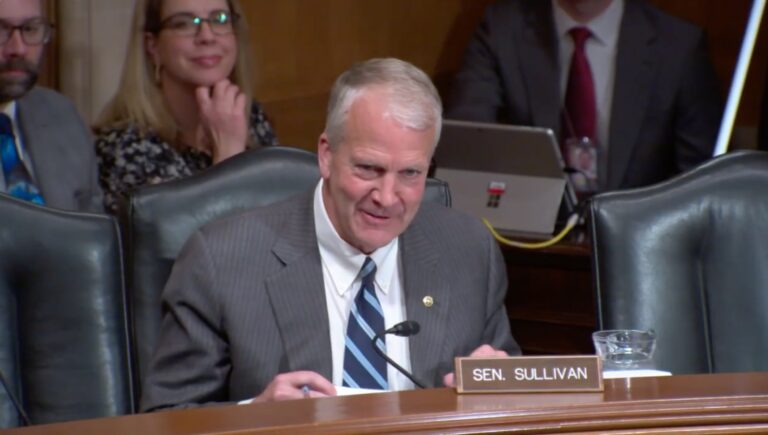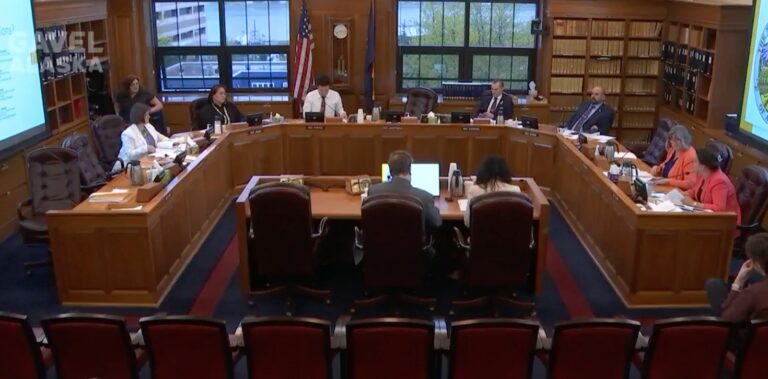Some of the items of the “Big Beautiful Bill,” which is the federal budget reconciliation package, that are of interest to Alaskans:
Reducing entitlement fraud
- Aligns SNAP with other state-administered entitlement programs by requiring states to shoulder a share of the benefit costs, incentivizing states like Alaska, where 15% of Alaskans are enrolled in SNAP, to administer SNAP more efficiently and effectively. The national overpayment rate of SNAP benefits is 10.03%.
- Prevents states from manipulating SNAP eligibility and benefit calculations to inflate enrollment. Alaska has a high error rate in benefit calculations with overpayment rates reported to be at 59.59%, compared to 11.7% nationally.
- Restores SNAP work requirements for able-bodied adults without young dependents.
- Advances eligible reinvestments improvements to farm policy and other priorities in rural America.
Armed Services
- $9 billion for “Servicemember Quality of Life,” including increases in allowances and special pays, as well as improvements to housing, healthcare, and assistance to military families.
- $34 billion for Shipbuilding and the Maritime Industrial Base to expand the size and enhance the capability of our naval fleet.
- $12 billion to expand stocks of spares, improve infrastructure at military depots and shipyards, and enhance the capability of Special Forces.
- $5 billion to help carry out President Trump’s border, immigration, and counterdrug enforcement agenda.
Education
- Reduces deficit by $351 billion.
- Caps total amount of federal student aid to the “median cost of college,” which is $50,000 for undergraduate students, $100,000 for graduate students, and $150,000 for students in graduate professional programs, with a lifetime limit for every student capped at $200,000.
- Establishes a performance-based grant program for grants that will be awarded based on strong earning potential programs, low tuitions and other sideboards.
- Prevents future presidents from being able to forgive student loans that were made by the government or that are government-backed.
Energy and Commerce
- Reduces the deficit by $912 million.
- Unleashes American energy.
- Reforms Medicaid to establish work requirements for able-bodied adults without dependents.
- Closes loopholes that allow illegal immigrants to enroll in Medicaid. Reduces funding to states that prioritize Medicaid coverage of illegal immigrants.
- Rescinds Green New Deal-style projects, streamlines process for developing American energy infrastructure.
- Reverses Biden EV mandates and CAFE standards for passenger cars and light trucks.
- Modernizes the Department of Commerce by updating IT systems and using beneficial artificial intelligence tools.
Homeland Security
- Provides $980 billion for border security, increases federal spending by $67 billion.
- Provides $5 billion of Customs and Border Protection facilities to support staffing and evolving security challenges.
- $4.1 billion for hiring and training 3,000 new Border Patrol agents, 5,000 new Office of Field Operations customs officers, and other personnel.
- $2 billion in sighing bonuses and annual retention.
- $1.076 billion for CPB’s non-intrusive inspection technology to detect and interdict illegal drugs like fentanyl.
- $2.7 billion for border technology, such as ground detection sensors that can detect tunnels.
Judiciary
- $110 billion for border security, increases spending by $4 billion.
- Reinforces Trump efforts to secure southern border
- Provides funding for at least one million removals annually of illegal immigants.
Natural Resources
- Reinstates quarterly onshore oil and gas leases and requires geothermal lease sales.
- Mandates at least 30 lease sales in Gulf of America over 15 years and six in Cook Inlet.
- Gives Alaska 90-10 split in oil royalties starting in 2035.
- Resumes energy production in NPRA and ANWR.
- Resumes coal leasing on federal lands.
- Increases timber sales on federal lands, requires long-term timber contracts.
- Rescinds slush funds created by Biden to advance radical environmental agenda and that lined the pockets of environmental litigation groups at the expense of taxpayers.
Transportation and Infrastructure
- Reduces deficit by at least $10 billion.
- Historic investment of $212 billion to recapitalize the Coast Guard, including acquisition of cutters, aircraft, and icebreakers.
- Construction of facilities to secure the border.
- Invests $12.5 billion in overhaul and modernization of failing air traffic control systems.
- Increase federal revenues up to $38 billion by adding a $250 fee on electric vehicles, a $100 fee on hybrids. The money will go into the Highway Trust Fund and creates parity with gas-powered vehicles that already pay these fees at the pump.
- Rescinds nearly $4 billion from seven Green New Deal programs created by Democrats with the Inflation eduction Act.
Ways and Means
- Makes the 2017 Trump tax cuts permanent, protecting the average taxpayer rom a 22% tax hike.
- Delivers President Trump’s “no tax on tips, overtime pay,” and no tax on car interest loans.
- Provides addition tax relief for seniors.
- Holds woke universities accountable by increasing the tax on their university endowments and subjecting the largest endowments to the corporate tax rate.
- Ends over $500 billion in Inflation Reduction Act subsidies.
- Prevents taxpayer benefits from going to illegal immigrants by requiring a Social Security number for individuals claiming tax credits and deductions, closing the loophole that allow Obamacare premium tax credits and Medicare tax creates going to illegal immigrants.


